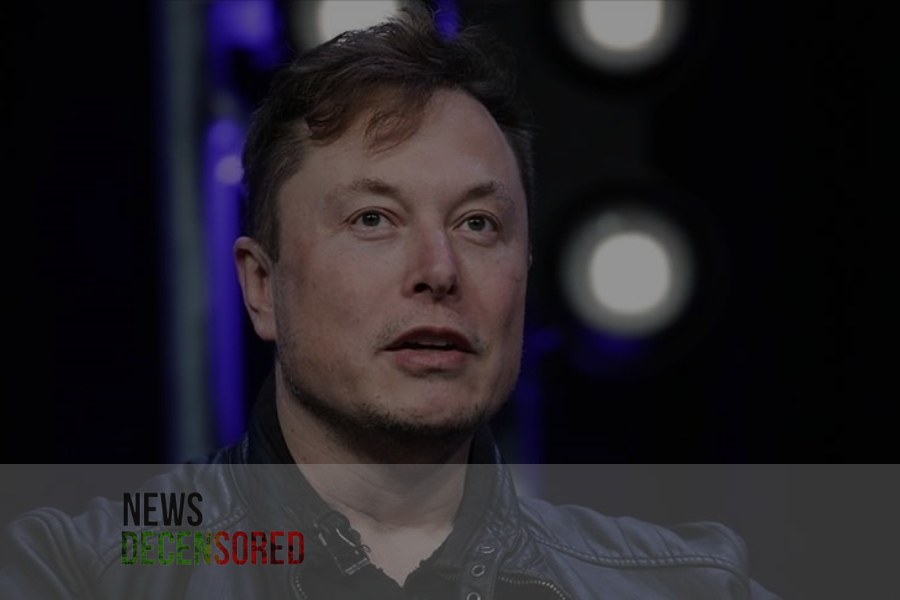Flaring up on the global stage and offering a meaningful technological and humane innovation, Starlink satellite internet service owned by Elon Musk was launched at a hospital in the Gaza Strip. This project was developed by the United Arab Emirates (UAE) and Israel, as stated and affirmed by Elon Musk, the CEO of SpaceX.
UAE Foreign Minister Sheikh Abdullah bin Zayed Al Nahyan also expressed his thankfulness to Musk for supporting the UAE field hospital in Gaza. Most healthcare facilities in the area have been damaged during the ongoing conflict; hence, the activation of Starlink is good news.
Last month, Starlink went online in a hospital in Gaza with help from UAE media and Israel, Musk stated on X after more than five months since the Israeli government permitted the use of the service, to help a healthcare facility in the southern Gaza city of Rafah.
High-speed internet through Starlink will enable get-a-consultation, potentially lifesaving medical consultations through video calling. The UAE foreign ministry pointed out in February that such connectivity could substantially boost the ability of medical personnel to respond adequately and quickly.
Internet connection in Gaza is limited due to insufficient electricity and fuel shortages to run provider centers. This has become a disadvantage to the medical staff and rescue teams, not to mention the limitations on the services offered by hospitals and the central system within the health ministry.
The UAE is one of the richest oil nations and serves as a finance and tourism center. In 2020, it gradually normalized its relations with Israel in a deal with Bahrain and Morocco. Sudan later followed, signing a normalization agreement with the State of Israel.
The conflict in Gaza is still on after Hamas-led fighters attacked Israel, thus causing the loss of 1,200 lives and more than 250 hostages, as per the information from the Israeli side. In return, Israel carried out an operation that led to the death of more than 39,000 Palestinians, as declared by the Hamas-run Ministry of Health of Gaza, and the destruction of the infrastructure all over the coastal region.
The establishment of a Starlink connection at a hospital is one of the few positive signals in the condition of constant confrontation, indicating the survival of medical facilities in the Gaza Strip. Such cooperation of the UAE, Israel, and Elon Musk SPACE X also puts forward technological diplomacy. Starlink’s high-speed internet service signals how cooperation may yet deliver on the essentials with some hope in a climate of dispute and insecurity. Indeed, as a product that enhances communication and coordination among medical staff, the satellite internet service may significantly improve the healthcare provisioning environment in Gaza.
Further, this action envisages technological prospects for minimizing the effects of conflict and availing necessary services to the victims of wars. Thus, the positive results of Starlink workers in Gaza can be examined as a potential key to the subsequent humanitarian missions as they present humanitarian help not as an isolated event but as an outcome of the cooperation of different actors and the effective use of modern technologies.















